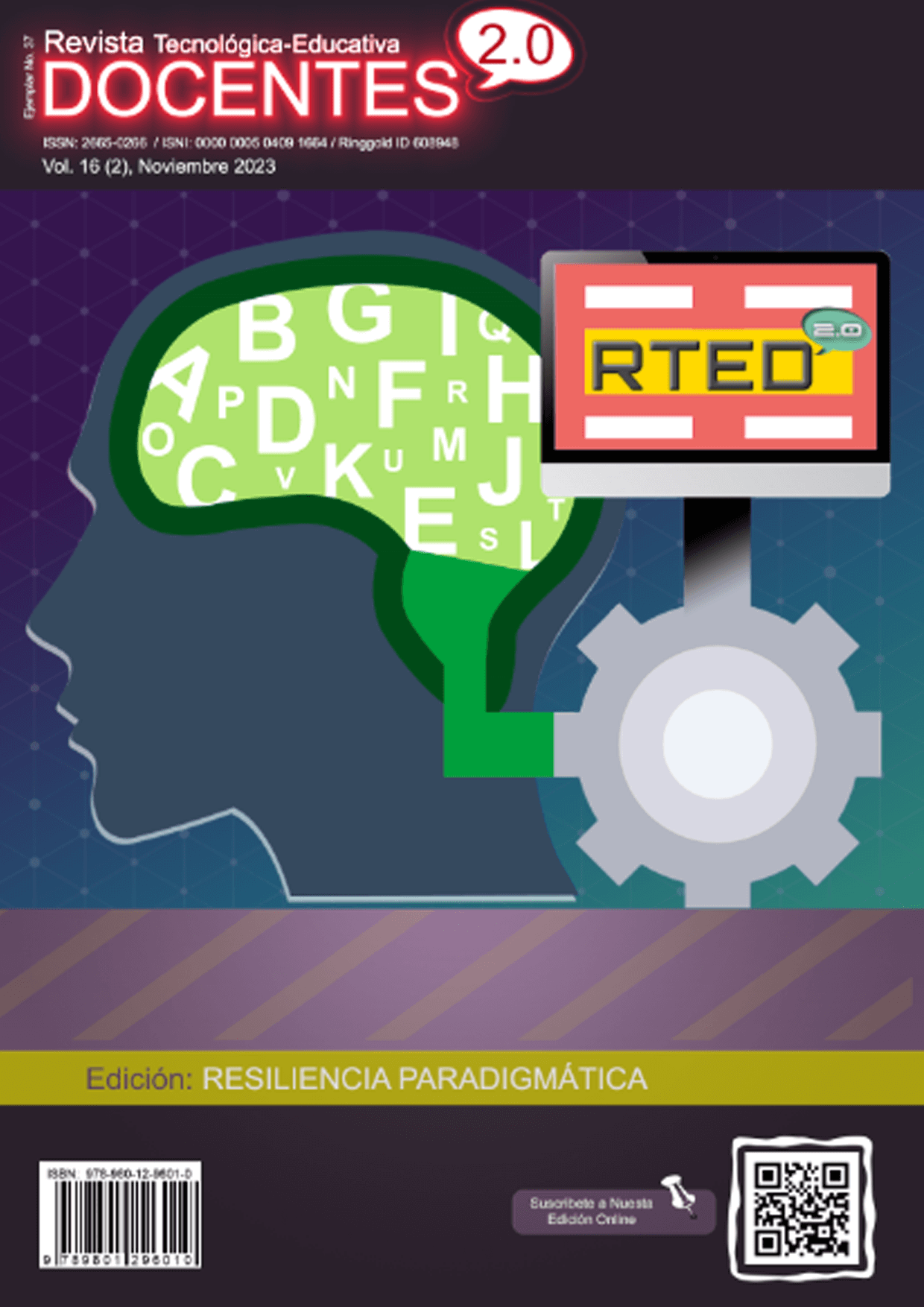Quality of Educational Services and Student Satisfaction in Virtualized Courses of an Andean University
 DOI:
https://doi.org/10.37843/rted.v16i2.352
DOI:
https://doi.org/10.37843/rted.v16i2.352
Main Article Content
Abstract
A historically neglected pillar of society is education. The difficulty faced by Peruvian universities manifests in various ways, including limited funding transfers, low academic standards, low quality of research, and lack of interest in developing collegiate social responsibility projects. This study aimed to identify the relationship between the quality of educational services and student satisfaction in virtualized or adapted courses at a public university in Peru in 2020. The research was based on the inductive and positivist paradigm, with a quantitative approach, non-experimental design, correlational type, and cross-sectional. The universe comprised 170 subjects, undergraduate students from the National Autonomous University of Alto Andina of Tarma. The technique collected information through a questionnaire on the quality of educational services and student satisfaction. The tests confirmed the presence of a significant correlation between the variables Quality of educational services and student satisfaction. The correlation identified was .790, classified as a considerable positive correlation; the associated probability is tr > t, p=.00<.05 (10> 1.654, p=.00<.05) so this correlation is significant. In conclusion, poor service quality is related to low student satisfaction. The same is true with the good and high level.
Downloads
Metrics
Article Details

This work is licensed under a Creative Commons Attribution-NonCommercial-NoDerivatives 4.0 International License.
Those authors who have publications in our journal accept the following terms:
- When a work is accepted for publication, the author retains rights of reproduction, distribution of his/her article for exploitation in all countries of the world in the format provided by our magazine and any other magnetic medium, optical, and digital.
- Authors will retain their copyright and guarantee the journal the right first to publish their work, which will be simultaneously subject to the Creative Commons Acknowledgment License (Attribution-NonCommercial-NoDerivatives 4.0 International (CC BY-NC-ND 4.0)). That allows third parties to copy and redistribute the material in any medium or format, under the following conditions: Acknowledgment - You must properly acknowledge authorship, provide a link to the license, and indicate if any changes have been made. You may do so in any reasonable way, but not in a way that suggests you have the licensor's endorsement or receive it for your use. NonCommercial - You may not use the material for a commercial purpose. NoDerivatives - If you remix, transform, or build from the material, you cannot broadcast the modified material. There are no additional restrictions - You cannot apply legal terms or technological measures that legally restrict you from doing what the license allows.
- Authors may adopt other non-exclusive license agreements to distribute the published version of the work (e.g., deposit it in an institutional archive or publish it in a monographic volume) provided that the initial publication in this journal is indicated.
- Authors are allowed and recommended to disseminate their work through the Internet (e.g., in institutional telematic archives, repositories, libraries, or their website), producing exciting exchanges and increasing the published work's citations.
- Request of withdrawal an article has to be done in writing by the author to the Editor, becoming effective after a written response from the Editor. For this purpose, the author or authors will send correspondence via e-mail: [email protected].
- The author will not receive financial compensation for the publication of his work.
- All Docentes 2.0 Journal publications are under the Open Journal System (OJS) platform at: https://ojs.docentes20.com/.
References
Cahuana, J. H. (2016). Quality of educational services and customer satisfaction at the Universidad Nacional Mayor de San Marcos. Revista muro de la investigación, 1 (2), pp. 1-14. ISSN: 2521-2079. DOI: https://doi.org/10.17162/rmi.v1i2.758 DOI: https://doi.org/10.17162/rmi.v1i2.758
Duque, E. J., & Chaparro, C. R. (2012). Measuring the perception of the quality of education service quality by students at UPTC Duitama. Criterio Libre, 10 (16), pp. 159-192. https://doi.org/10.18041/1900-0642/criteriolibre.2012v10n16.1168 DOI: https://doi.org/10.18041/1900-0642/criteriolibre.2012v10n16.1168
Hernández-Sampierí, R., Fernández-Collado, C., & Baptista-Lucio, P. (2014). Metodología de la investigación (6a. ed.). McGraw-Hill.
Mancilla, A. M., Ángeles, J. C., & Orosco, P. (2019). Undergraduate students' satisfaction with their education and retention rate at UICUI. Academic Integration in Psychology, 7 (21), pp. 71-81. https://n9.cl/f6flja
Molina, G. A., & Vega, M. L. (2018). Proposal of a model to analyze and measure the perception of service quality in fourth-level programs. INNOVA Research Journal, 3 (6), pp. 118-135. DOI: https://doi.org/10.33890/innova.v3.n6.2018.566 DOI: https://doi.org/10.33890/innova.v3.n6.2018.566
Surdes-Pérez, E. G., Sandoval-Caraveo, M., & Lamoyi-Bocanegra, C. L. (2018). Student satisfaction in the assessment of university educational quality. Education and Educators, 21 (1), pp. 9-26. https://n9.cl/ohw6g DOI: https://doi.org/10.5294/edu.2018.21.1.1






